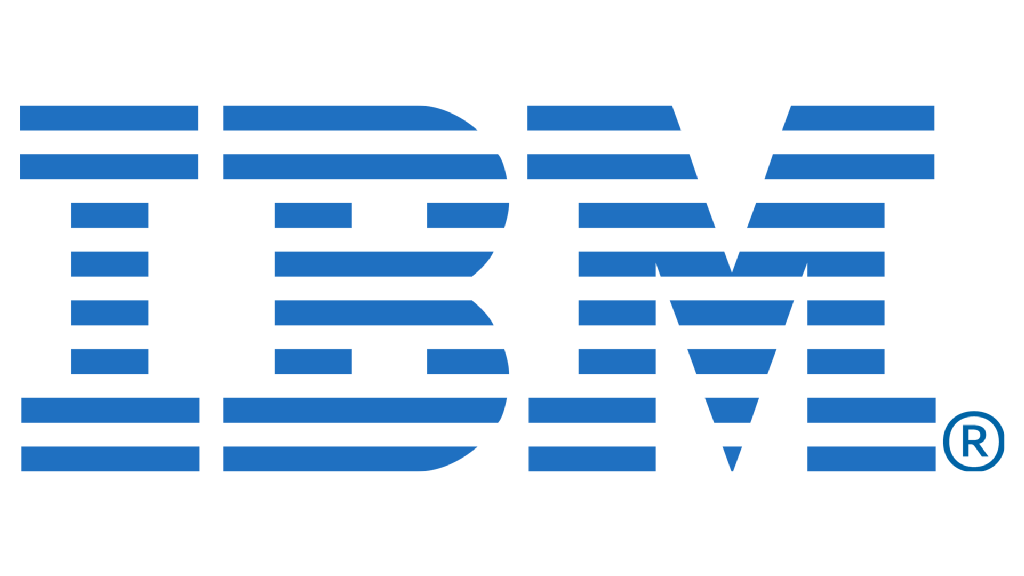Many would say medicine entered the digital age on June 26, 2000, when US President Bill Clinton and UK Prime Minister Tony Blair announced that a “rough draft” of the human genome had been completed. Only 100 years earlier, the industry had yet to discover penicillin or insulin. Today, in 2017, with digitized medical records and a move by governments and other public stakeholders to make reams of health data searchable and actionable, the industry is fast approaching an informational tipping point.
Industry lack
Medical “big data” is comprised of electronic data sets of such size and complexity as to render traditional software and hardware inadequate. All this information, including all data related to patient healthcare and well-being, simply cannot be managed properly using the common data management tools and methods.
The healthcare industry is no different from any other industry in that it is being disrupted by a veritable explosion of data. This data is difficult to stay on top of because of its volume, and because it is diverse and must be organized, managed, and accessible to individuals for whom speed and efficiency is a must.
Healthcare organizations need to leverage the data that can address affordability, accessibility, and quality challenges commonly associated with the delivery of care in a value-based environment. The problem is that most organizations do not have the technology, management discipline, or resources needed to fully benefit from this influx of data.
Benefits plus
Whether it is a single-physician office in a small town or a world-famous hospital in or near an urban centre, healthcare organizations stand to derive huge benefits from effectively leveraging the data that is now literally at their fingertips. Apart from being able to diagnose and treat diseases with more precision and accuracy, and being better able to detect fraud and to close the loopholes that make fraud possible, big data analytics can help the industry in other areas, including:
- Patient empowerment – giving people the information they need to make smart decisions about their healthcare, and to better adopt and track healthy behaviours
- Resource allocation – identifying at-risk and high-resource-consuming patients, and establishing programs that provide better outcomes for them
- Program review – taking a hard look at treatments, programs, and processes that are not working well, or cost too much, and possibly swapping them out for more efficient and effective alternatives
- Fraud – closer analysis of massive numbers of claim requests as a way of reducing instances of fraud, waste, and general abuse of the healthcare system
- Population health – managing the health of entire groups by detecting vulnerabilities ahead of time and taking preemptive or preventative measures to avoid outbreaks
- Home health efficiency – analyzing vitals from home health monitors, and following up with patients whenever any inefficiencies and/or abnormalities are detected
By more efficiently handling big data, healthcare organizations can go from surviving in a world of value-based care to thriving — providing top-shelf care to patients, and spending less money doing so. Leveraging technology and data, a more efficient and data-empowered breed of healthcare organization forms an industry that can take biomedical research and clinical care to a whole new level over the short and long term.
To read more about the progress of a disrupted healthcare industry toward implementing the kind of technology that will allow for the expert handling of big data, read “Modernizing healthcare technology for today’s needs and tomorrow’s possibilities.”

